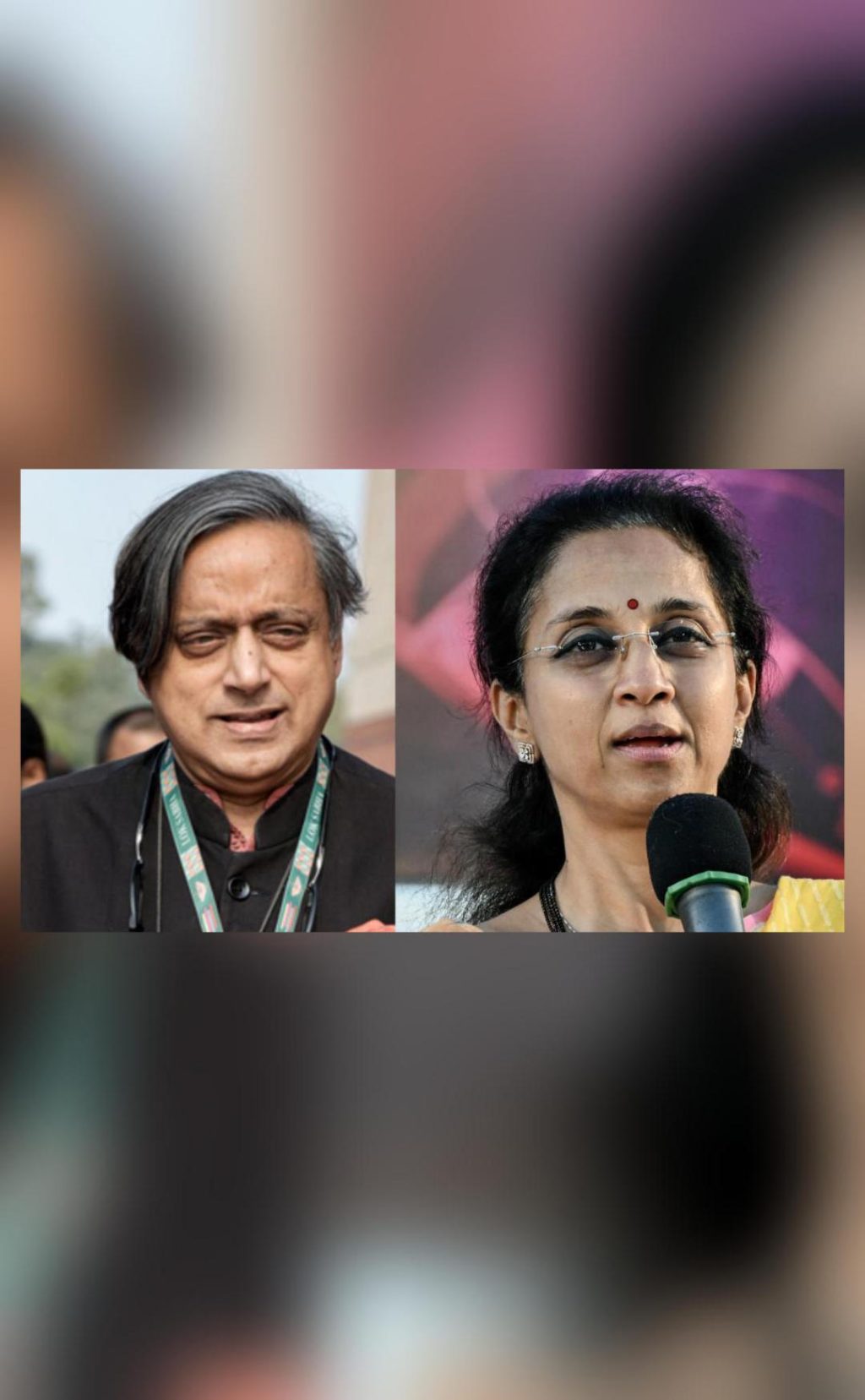
Tharoor, Sule & others to head govt’s global delegations after Operation Sindoor
In a significant move, the Indian government has announced the leaders who will head its global delegations to key partner nations, following the successful Operation Sindoor. The chosen leaders include Congress MP Shashi Tharoor, NCP-SP MP Supriya Sule, Shiv Sena’s Shrikant Shinde, DMK’s Kanimozhi, BJP’s Baijayant Panda and RS Prasad, JDU’s Sanjay Jha. These leaders will lead the delegations to carry India’s strong message of zero-tolerance against terrorism to the world.
The announcement comes amid growing global concerns about terrorism and its impact on international peace and security. India has been at the forefront of the fight against terrorism, and Operation Sindoor, a recent military operation, has been hailed as a major success in eliminating terrorist threats.
The delegations, led by these prominent leaders, will visit key partner nations to strengthen diplomatic ties and convey India’s unwavering commitment to combating terrorism. The leaders will also engage with their counterparts in these countries to discuss ways to enhance counter-terrorism cooperation and share best practices in this area.
Shashi Tharoor, a seasoned parliamentarian and diplomat, has been a vocal advocate for India’s interests on the global stage. His experience in international relations and diplomacy will be invaluable in navigating the complexities of global politics and building strong relationships with key nations.
Supriya Sule, a young and dynamic leader, has already made a significant impact in Indian politics. As a member of the NCP-SP alliance, she has been instrumental in forging strong relationships with other opposition parties. Her leadership skills and reputation for being a strong communicator will serve the delegation well in communicating India’s message to the world.
Shrikant Shinde, a Shiv Sena leader, has been a vocal advocate for Indian interests in international relations. His experience in party politics and his strong connections with other leaders in the region will be beneficial in building strong relationships with key nations.
Kanimozhi, a DMK leader, has been a strong advocate for women’s empowerment and social justice. Her leadership skills and reputation for being a strong communicator will serve the delegation well in communicating India’s message to the world.
Baijayant Panda, a BJP leader, has been a vocal advocate for India’s interests on the global stage. His experience in international relations and diplomacy will be invaluable in navigating the complexities of global politics and building strong relationships with key nations.
RS Prasad, a BJP leader, has been a strong advocate for Indian interests in international relations. His experience in party politics and his strong connections with other leaders in the region will be beneficial in building strong relationships with key nations.
Sanjay Jha, a JDU leader, has been a strong advocate for Indian interests on the global stage. His experience in international relations and diplomacy will be invaluable in navigating the complexities of global politics and building strong relationships with key nations.
The delegations will also engage with international organizations, such as the United Nations, to share India’s experiences and best practices in combating terrorism. This will help to strengthen global cooperation and coordination in the fight against terrorism.
The government’s move to appoint these leaders to head the global delegations is seen as a significant step in strengthening India’s diplomatic ties with key partner nations. The delegations will play a crucial role in conveying India’s strong message of zero-tolerance against terrorism to the world and building strong relationships with key nations.
As the delegations embark on their journey, they will be carrying with them India’s unwavering commitment to combating terrorism and its determination to work with like-minded nations to ensure global peace and security.






